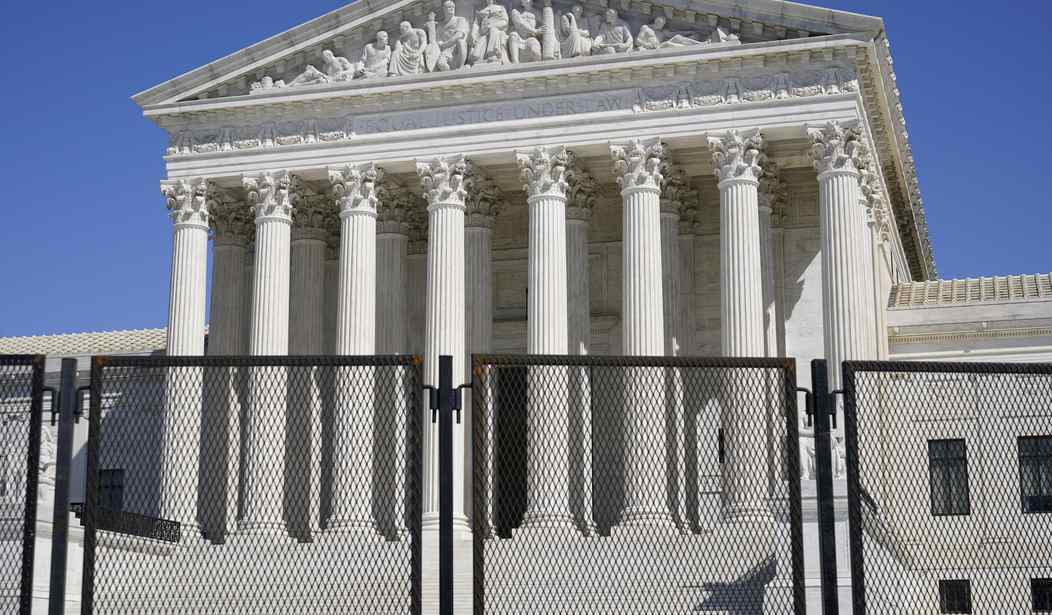Most landlords will have to wait another month before they can begin evicting tenants for non-payment of rent. In a 5-4 decision, the Supreme Court decided to maintain the federal ban on evictions until it expires on July 31.
The ban was initiated in September of 2020 by the Centers for Disease Control, which claimed the authority under the public health act. Governor Gavin Newsom of California signed a bill extending the eviction moratorium for another three months and authorized paying off the back rent of low-income residents.
But for most landlords, the ban on evictions means more business failures. Landlords still have to pay for operating costs, property taxes, and mortgage payments, regardless of whether tenants are paying rent. The $50 billion federal program designed to help landlords keep afloat during the pandemic comes with so many strings and so much red tape that many landlords didn’t even bother to apply.
Building owners say that the aid often has too many strings attached, such as preventing them from removing problematic tenants or requiring them to turn over sensitive financial information to government agencies or contractors, the Wall Street Journal reports.
The process also requires a good amount of administrative work and documentation on the part of the landlord which can be time-consuming and a deterrent to entry to the federal program.
The National Association of Realtors brought the suit to the Supreme Court looking for emergency relief. A lower court had agreed with the group’s main argument that the CDC did not have the authority to issue the moratorium in the first place, but stayed the decision to give parties a chance to appeal.
That appeal resulted in the 5-4 decision with Justices Roberts and Kavanaugh joining the liberals.
Related: Will Renters Ever Have To Pay Rent Again?
“Landlords have been losing over $13 billion every month under the moratorium, and the total effect of the CDC’s overreach may reach up to $200 billion if it remains in effect for a year,” NAR said in its application for Supreme Court intervention.
Kavanaugh wrote in the decision that he agreed with the lower court ruling that the CDC didn’t have the authority to initiate a moratorium, but with just a few weeks left, lifting it would do more harm than good.
“Because the CDC plans to end the moratorium in only a few weeks, on July 31, and because those few weeks will allow for additional and more orderly distribution of the congressionally appropriated rental assistance funds, I vote at this time to deny the application to vacate the District Court’s stay of its order,” he wrote.
The dubious logic that the CDC used to justify the ban should have been punished somehow. Government overreach should be taken very seriously. In this case, the CDC didn’t even get a slap on the wrist.
Most landlords know who their “good” tenants are and who their “bad tenants” are. The good tenants paid what they could, when they could. If previously good tenants were unable to pay anything, most landlords were glad to carry them for a few months rather than lose a valuable tenant.
The bad tenants paid little or nothing and landlords could do nothing about it. For many small businesses, the relief will come too late.










Join the conversation as a VIP Member